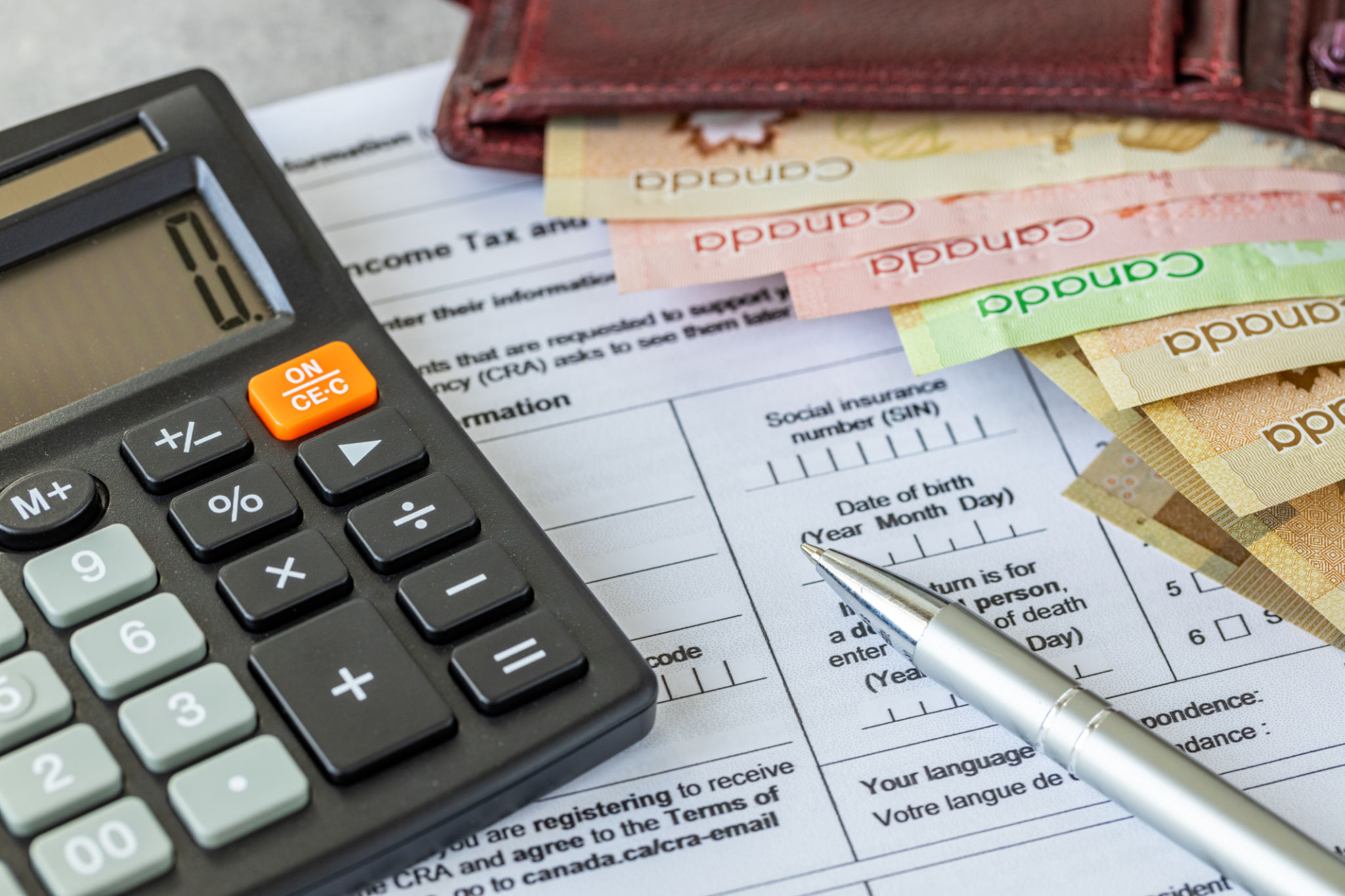Essential Tax Filing Tips: Avoid Common Mistakes
Understanding Your Tax Obligations
Filing taxes can often be a daunting task, but understanding your tax obligations is the first step to ensuring a smooth process. It's crucial to know which forms you need and the deadlines for submission. If you're unsure, consulting with a tax professional can provide clarity on your specific situation.

Organize Your Financial Documents
The key to avoiding mistakes in tax filing is organization. Gather all necessary documents such as W-2s, 1099s, and receipts for deductions. Keeping these documents in one place can streamline the filing process and minimize errors.
Creating a checklist can be incredibly helpful. This list might include:
- Income documentation
- Investment and bank statements
- Receipts for deductible expenses
- Last year’s tax return
Double-Check Personal Information
One of the most common mistakes in tax filing is incorrect personal information. Ensure that your name, Social Security number, and other details are entered accurately. Even small errors can lead to processing delays or rejections.

Understand Deductions and Credits
Tax deductions and credits can significantly impact your tax liability. However, misunderstandings about eligibility can lead to errors. Familiarize yourself with the deductions and credits you qualify for, such as education credits or home office deductions.
Remember, deductions reduce your taxable income, while credits reduce your tax bill directly. Knowing the difference can help you maximize your tax benefits.
Consider Electronic Filing
Electronic filing is not only convenient but also reduces the risk of errors. E-filing software often includes checks for common mistakes and provides instant confirmation of receipt. Additionally, electronic filers typically receive refunds faster than those who file paper returns.

Stay Informed About Tax Law Changes
Tax laws are subject to change, and staying informed is crucial to ensure compliance. Changes can affect various aspects of your tax return, from standard deduction amounts to eligibility for certain credits. Staying updated can prevent unintentional errors in your filing.
Seek Professional Help When Needed
If your tax situation is complex or you feel overwhelmed, seeking help from a certified tax professional can be beneficial. They can provide personalized advice and ensure that your return is accurate and maximizes any potential refunds.
In conclusion, by organizing your documents, understanding your obligations, and utilizing available resources, you can avoid common tax filing mistakes and experience a smoother filing process. Taking a proactive approach will not only save time but also provide peace of mind during tax season.